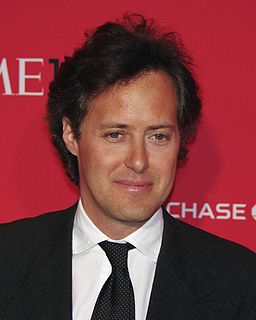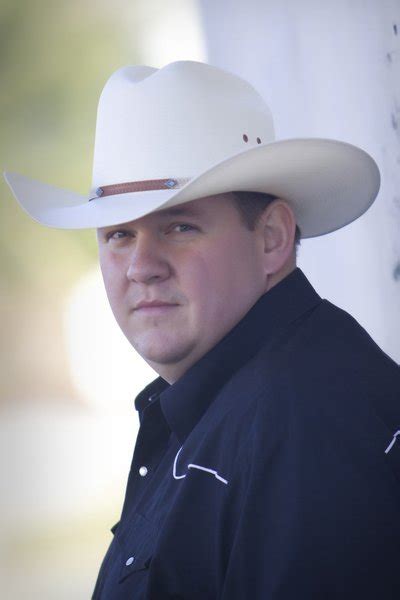A Quote by Aminatta Forna
Jung Chang was the first person to tell a grand historical, political story through a personal narrative.
Related Quotes
For queer people, the personal is very political, just to talk about it in a public space. It's very political just to come out and take up that space and be like, 'This is my narrative. It's not an outsider narrative, and it's not a fetish narrative; it's just my story, and it's worth being told and listened to.'
Love is a story we tell with another person. It's cocreation through conarration. When you hit bumps in the road and challenges, you write a new chapter in your story together. Love is the constant act of revising and retelling your own story in real time. You don't do it by yourself. You do it with someone else. The only way you do that is to talk to each other and create a shared narrative.
When I make film music, I'm a filmmaker first and foremost. It's about serving the needs of the film. You're telling a story; in a way, you stop becoming a composer and become a storyteller instead. You tell the story with the most appropriate themes. How you approach these things is a very personal matter, but your goal is to tell the story first.
I have a theory that, for people of color or others who have been cut out of the master narrative, just telling your personal survival tale, your story, is civic engagement. It is a kind of political performance and is really crucial in that storytelling is how the writers connect with people and change. It's how we collect and add to and complicate the master narrative.
In 1990 I did a story with Helena Christensen about a woman who lives in a trailer in the middle of the desert and finds a little crushed UFO with a martian who has survived the crash. She takes him home, and they fall in love. Later he has to meet with his fellow martians who have arrived to rescue him. It's a sad ending. This was my first truly narrative story and apparently the first narrative story in fashion photography.
The Danger of a Single Story”, which has resonated with me immensely every time I read it. “Power is the ability not just to tell the story of another person, but to make it the definitive story of that person. The Palestinian poet Mourid Barghouti writes that if you want to dispossess a people, the simplest way to do it is to tell their story, and to start with, “secondly.
Memoirists, unlike fiction writers, do not really want to 'tell a story.' They want to tell it all - the all of personal experience, of consciousness itself. That includes a story, but also the whole expanding universe of sensation and thought ... Memoirists wish to tell their mind. Not their story.
I'm obsessed with this idea of storytellers and people who have a narrative, and sometimes sustain a relationship because they're telling a narrative and someone is listening to that. Often the nature of the relationship is determined by how well they tell the story, or someone else's ability to suspend disbelief, or infuse into their narrative something which they may not even be aware of.
I do think the challenge, in a way for me, is to write a narrative film and when you finish watching it you feel like it's a collage. You tell the narrative, you tell the story, but you feel like you've created this tapestry. But it also has a shape, a story. So I think there's a middle ground that I try to strike... away from where everyone else seems ready to go, which is, setup, payoff. You know, He's afraid of water, oh, and at the end he's swimming in water - oh, my God. I hate that stuff.





































